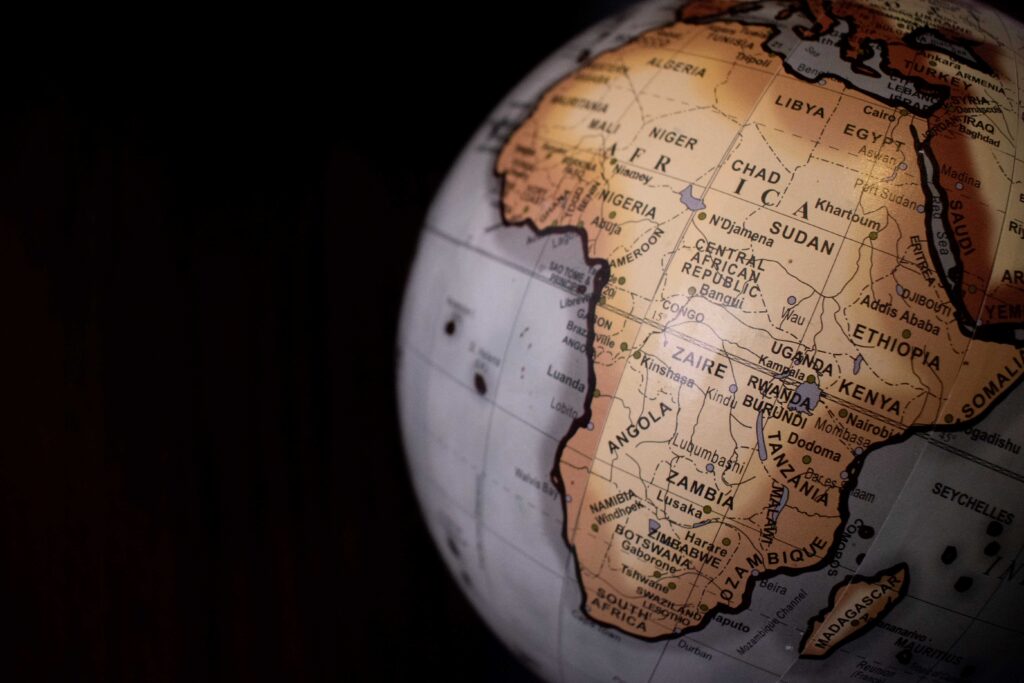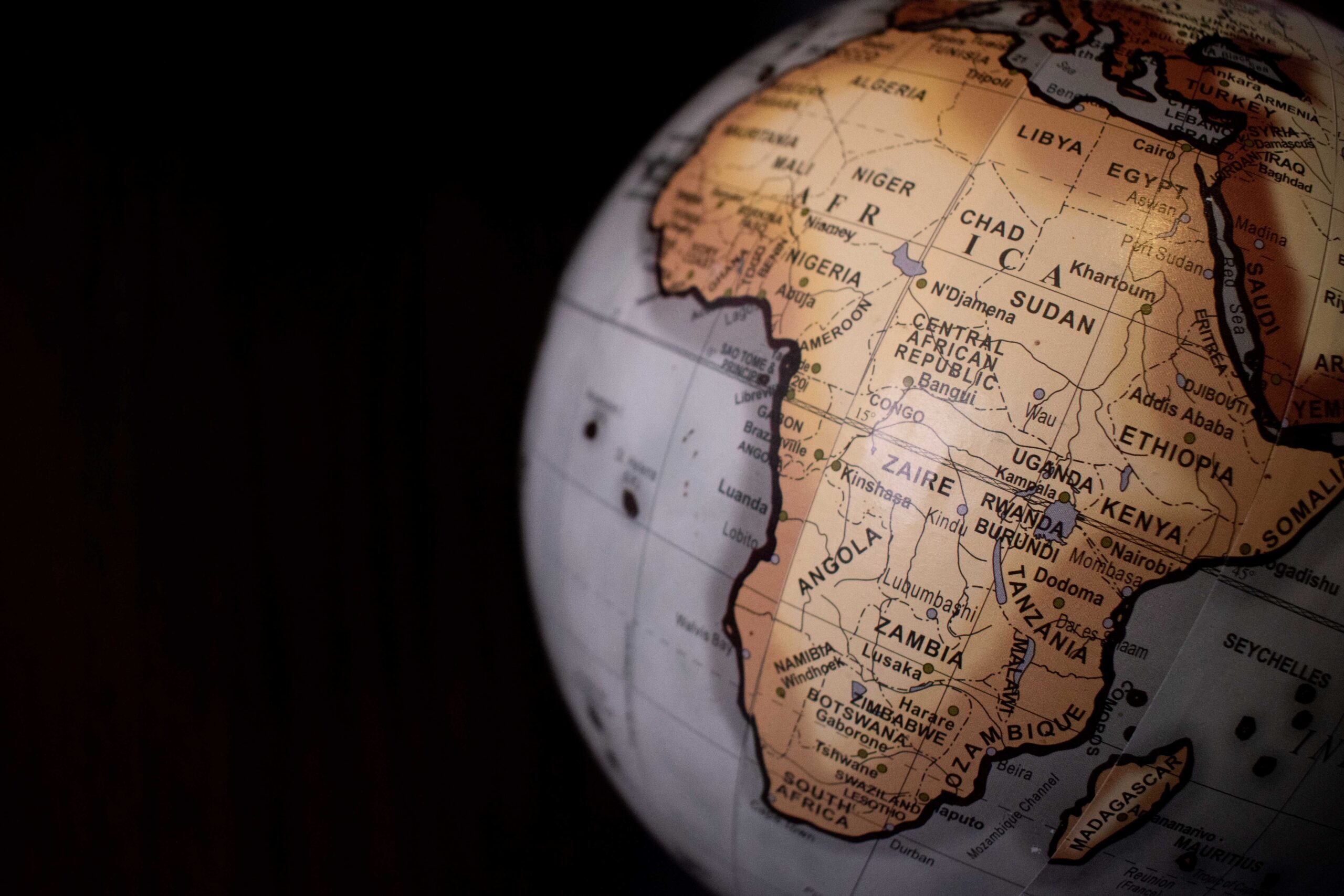In an effort to broaden its economic partnerships and diversify its trading partners, German Chancellor Olaf Scholz engaged in fruitful discussions with President Bola Tinubu of Nigeria during his recent visit to West Africa. It marks his third official trip to the continent since taking office in 2021, reflecting a clear display of Germany’s increasing interest in sub-Saharan Africa.
Germany’s economic cooperation with Nigeria, its second-largest trading partner in sub-Saharan Africa, is already impressive, with an estimated annual trade volume of around 3 billion euros. Scholz’s visit, however, was aimed at advocating for additional advancement of Nigeria’s capabilities to meet local needs while simultaneously enhancing bilateral trade relations between the two nations.
The leaders of both countries are exploring pathways for collaboration across a wide array of areas including migration, regional and international security, and the alarming issue of frequent coups in West and Central Africa. This collaborative approach aims at granting beneficial outcomes to both countries.
While in Nigeria, Scholz shared his visions for future investments that extend beyond the traditional gas and oil exports – a shift towards exploiting hydrogen energy. Many experts have identified Africa as a potential hydrogen energy exporter amidst growing calls for an energy revolution.
“We have a lot of opportunities to enhance the capacities of your nation, and to channel investments into the future, which is all about hydrogen,” Scholz noted.
Undeniably, the issue of migration has been a considerable challenge for Scholz domestically. The German leader proposed co-management of the issue that benefits both nations. Germany and the European Union are currently framing strategies for better handling of migration.
“Those who do not have the right to remain in my country should, and are expected to return. This correlates to a win-win story for both countries,” Scholz elaborated.
Given the significant German demand for natural gas as mentioned to the Lagos-based Punch newspaper, Scholz emphasised the importance of setting “concrete amounts” of supplies in negotiations with Nigerian gas producers. Nigeria, renowned for having Africa’s largest proven gas reserves at an estimated 202 trillion cubic feet, has shown interest in satisfying Europe’s needs, particularly after Russia’s conspicuous reduction in natural gas flows due to the Ukraine conflict.
Offering his reflections on the meeting with the German chancellor, Nigeria’s leader detailed a meaningful dialogue revolving around natural gas investments, seeking the support of Germany to counter the economic and security challenges facing Nigeria.
Displaying determination towards reform, Tinubu stated, “Nigeria is still crawling, but we are resolute to alter this narrative and bring a transformative government to the country.”
The German chancellor’s itinerary included a meeting with Omar Alieu Touray, the president of the ECOWAS Commission, a collective of West African states. The leaders deliberated methods in which to counter recent coups in Africa. Scholz will inaugurate a German-Nigerian business forum in the economic hub of Lagos, before proceeding to Ghana where he will conclude his visit on Tuesday. This marks a significant stride in German-African relations, reinforcing cross-continental economic bonds and fostering political understanding.






